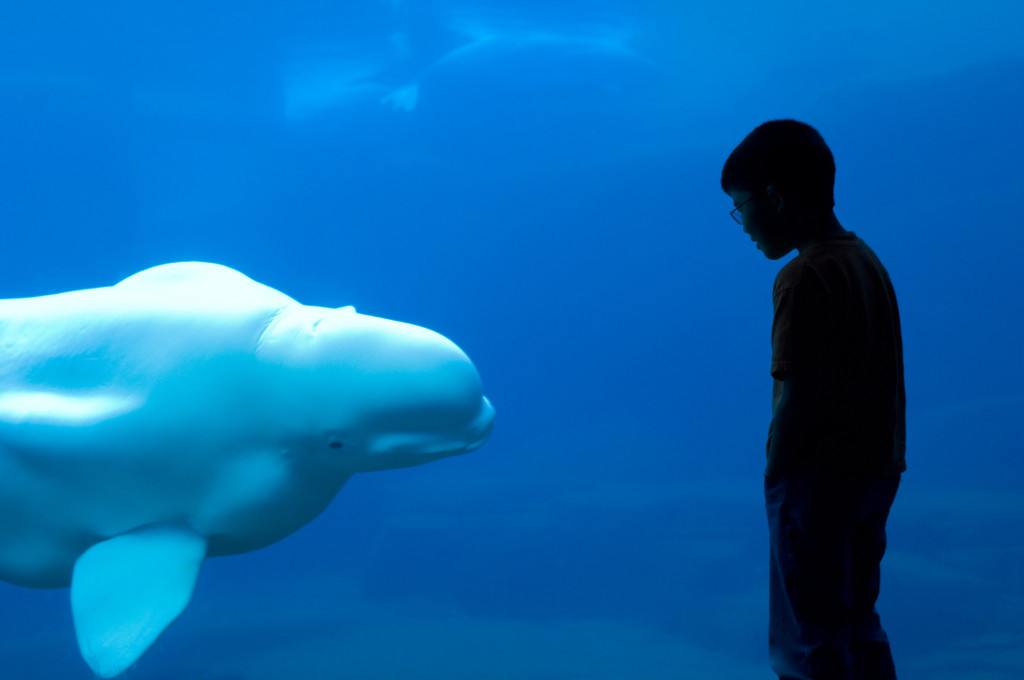Plebiscite to remove dolphins and whales runs dry
By Angela Espinoza, News Editor
After much debate, a May 1 Vancouver city council nine-to-one vote has allowed the Vancouver Aquarium to continue housing whales and dolphins. The referendum was backed by Green Party councillor Adriane Carr and rapidly caught the public’s attention. Currently the Vancouver Aquarium houses two Pacific white-sided dolphins and two beluga whales.
The referendum stemmed partially from the belief that whales and dolphins kept in captivity at the Vancouver Aquarium was doing the cetaceans more harm than good. Another factor was the announced expansion back in February, with the goal of increasing the size of the aquarium—including larger whale and dolphin pools—by 2020. The expansion led some to believe that this would mean more dolphins and whales would be placed in captivity.
Initially there was hope that the discussion of dolphin and whale captivity would be a factor during this year’s election in November. An online petition was circulated to raise awareness and garnered some attention. Had the referendum succeeded, the issue would have ultimately made it to a public vote in the fall.
When asked about the issue, Vancouver Mayor Gregor Robertson publicly stated that while dolphin and whale captivity should be phased out over time, “I do not however support a city-wide referendum on the issue, as the ability to phase out the holding of whales and dolphins in captivity is within the Park Board’s authority.”
The dolphins and whales taken into captivity by the Vancouver Aquarium were at some point injured in the wild or are in rehabilitation. An open letter published on the Vancouver Aquarium’s website on February 20 in response to the petition stated that:
“On September 16, 1996, Vancouver Aquarium took a leadership role and became the first (and only) aquarium in the world to make a commitment to no longer capture cetaceans (whales and dolphins) from the wild for display and to only care for cetaceans that were captured before 1996, cetaceans that were already being kept in a zoo or aquarium before 1996, cetaceans that were born in a zoo or aquarium, [and/or] cetaceans that were rescued from the wild and rehabilitated, but deemed non-releasable by the appropriate government authorities.”
The aquarium has also ceased taking in killer whales since 2001, and is one of the still-active aquariums taking part in programs to breed critically endangered species.


